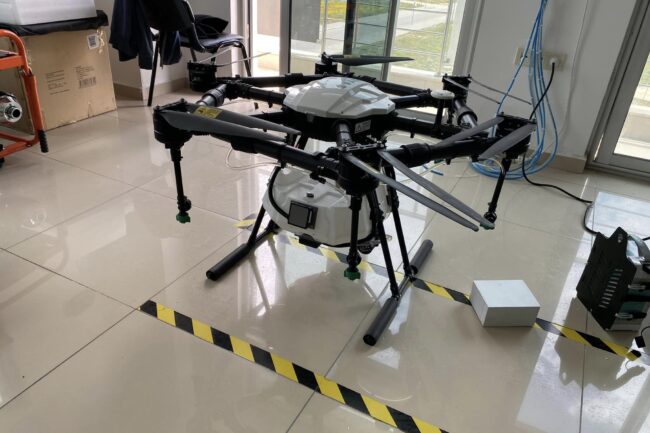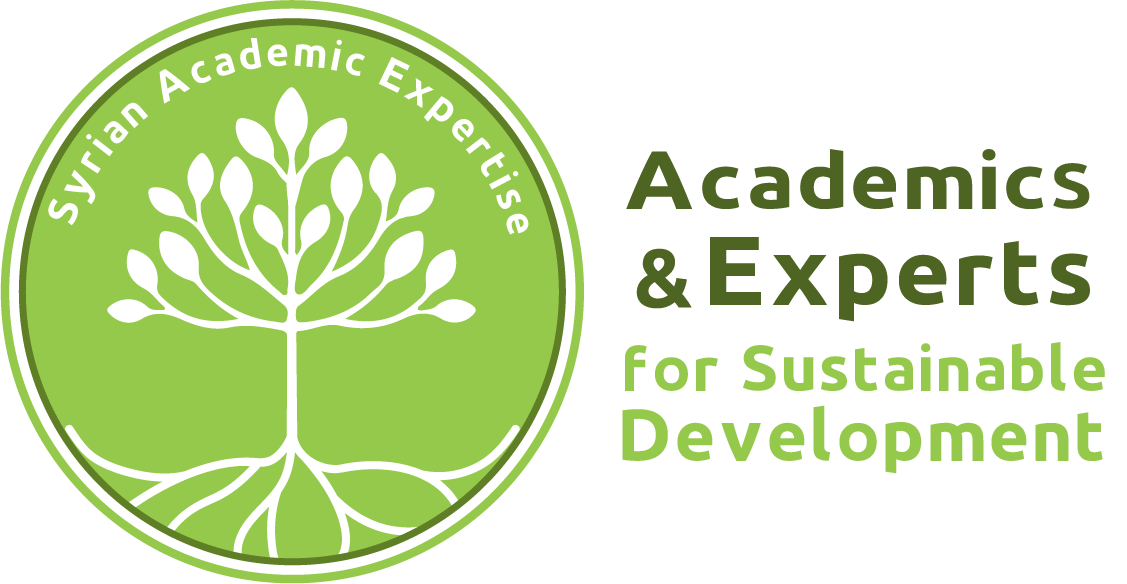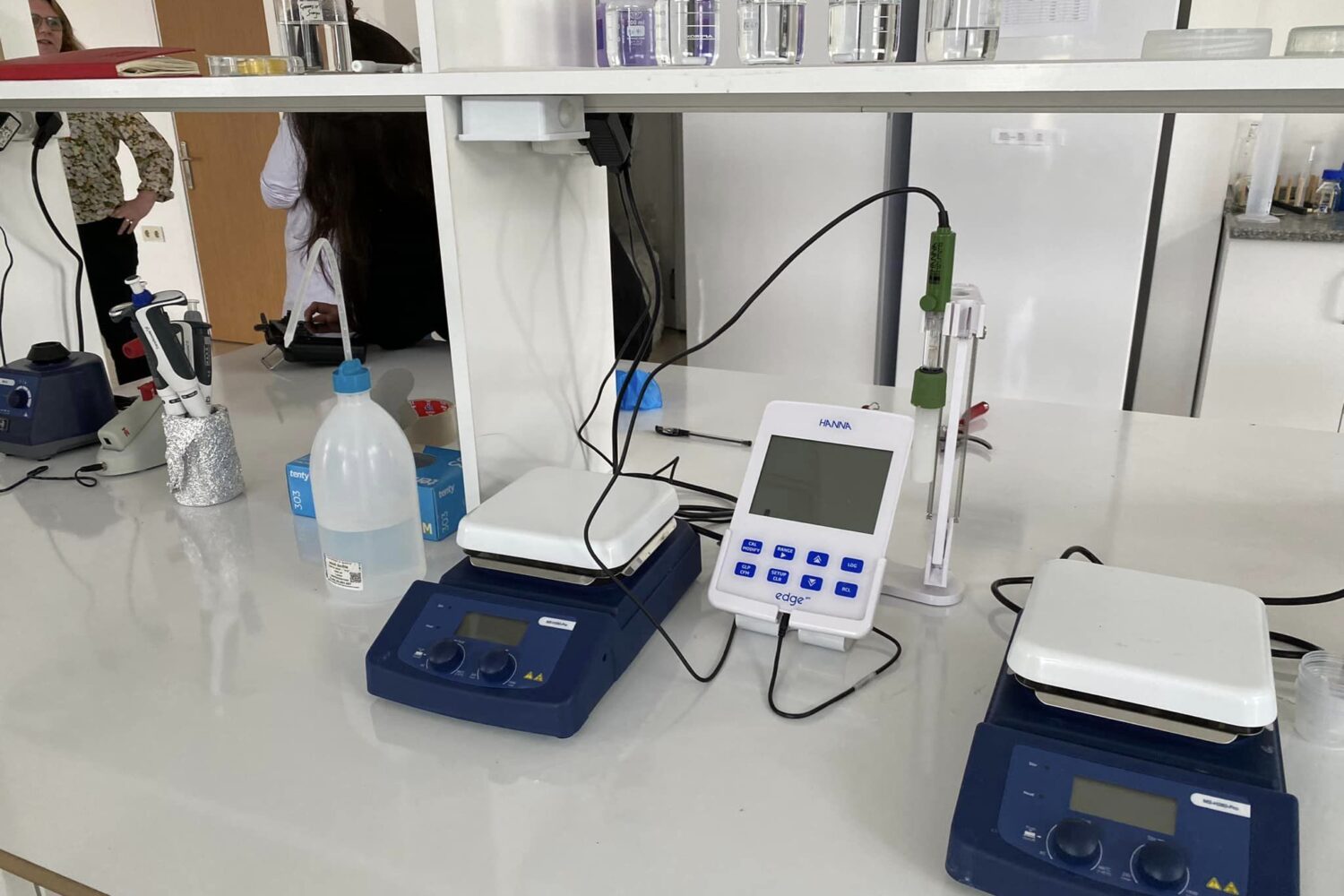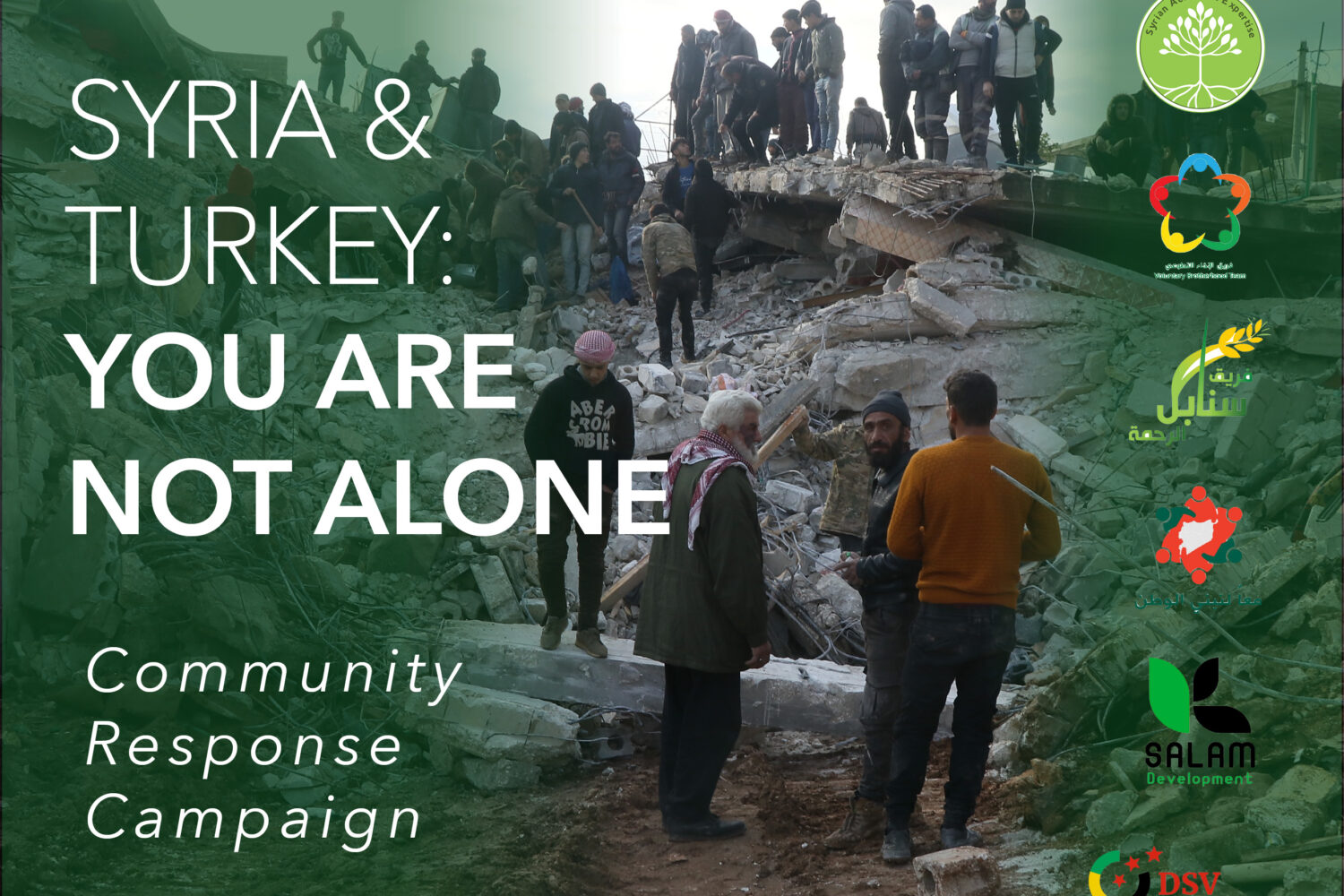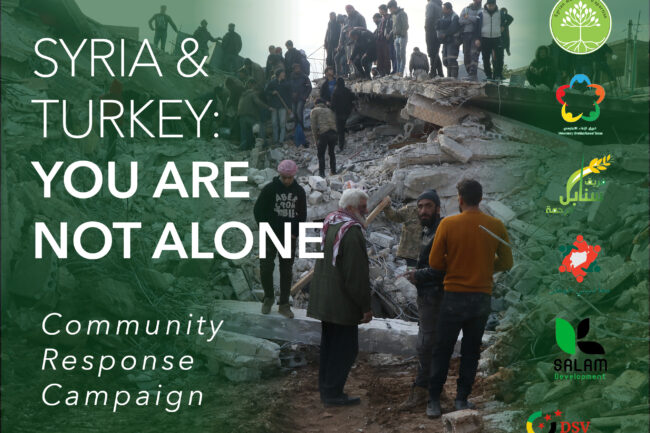Call to contribute to the ‘Syrian Farmers Podcast’ Pilot Project
Short-term work opportunities restricted to ACDP-SAE members**
The aim of the project is to pilot a podcast-approach to knowledge-sharing with Syrian farmers on agricultural practices and sustainable approaches, drawing on the expertise of Syrian agricultural experts in Syria and in exile. These podcast episodes will take the form of host-led interviews/discussions on the following crop and practice areas: Wheat, Olive Oil production, Olive products, Pistachio, Tomato, Pepper, Cucumber, Potato, Eggplant, and Hydroponics, focusing on aspects of particular value and benefit to Syrian farmers.
Short-term work opportunities. We are looking to recruit ten agricultural experts to prepare written material and to each record one of ten 60-minute Podcast episodes.
Remuneration. A one-off fee of £125 per episode. Please note that to ensure the required quality, podcasts may need to be recorded more than once. Podcast training will be provided for successful candidates.
Application Deadline: Monday 4th February 2021
_______________________________________________________________________________________________
Person Specification
Qualifications
Ph.D. or MSc degree in the agricultural sciences or equivalent work experience, specialising in the fields of horticulture, plant protection, food processing, agricultural extension or crop production.
Essential, in the context of the 10 pilot topics.
- At least five-years’ experience in field cultivation.
- A good understanding of current agricultural challenges including food security, agricultural sustainability in relation to one or more of the podcast topics.
- Excellent communication skills, both written and verbal, with evidence of publications – e.g. articles, books and guidelines, non-scientific journals, blogs.
- The ability to share your expert knowledge and advice with a lay audience.
- Interest in and commitment to the aims and values that underpin this project, as a potential contributor to the longer-term (post-pilot) Podcast series.
- Stable Internet and smartphone access.
Desirable
- Connections to farmers and community-based agricultural associations.
- Interest and motivation to gain podcasting experience.
________________________________________________________________________________________________
To apply, please send your CV along with a covering letter (email) outlining your expertise, what you can contribute specifying one episode topic, and why, to contact@acdps.org by 5 pm on 4th Feb. 2021 (Turk time). The project steering committee will evaluate the applications, only selected candidates will be contacted.
**Please note that this call is restricted to ACDP-SAE members, however applications will also be accepted from those wishing to join the SAE Network.
________________________________________________________________________________________________
For more information:
Please contact Dr. Mirela Barbu, M.E.Barbu@sussex.ac.uk, Project PI (University of Sussex), Dr. Shaher Abdullateef, shaher.a@acdps.org, PC. (ACDP-SAE).
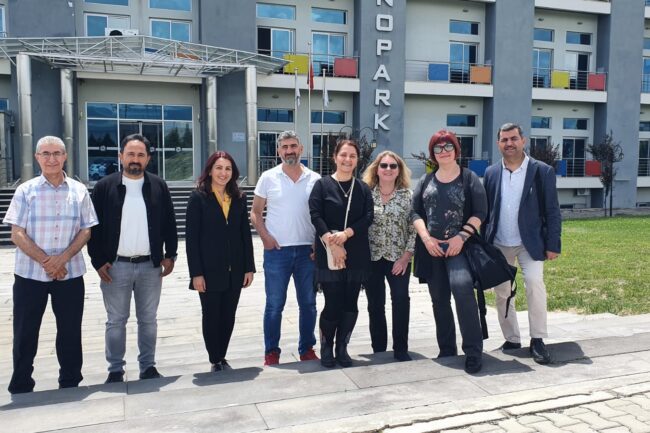 .
. 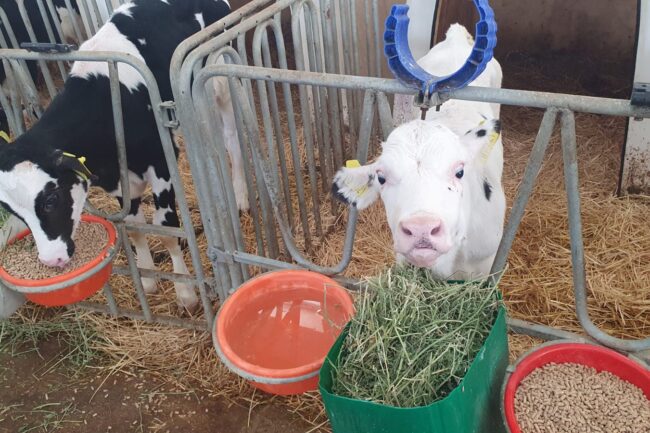
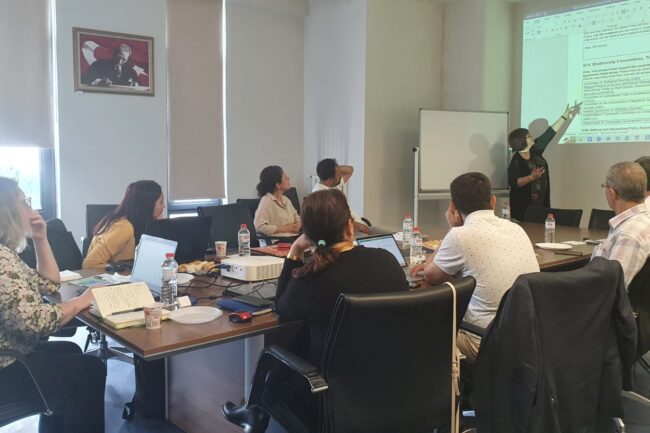 .
. 